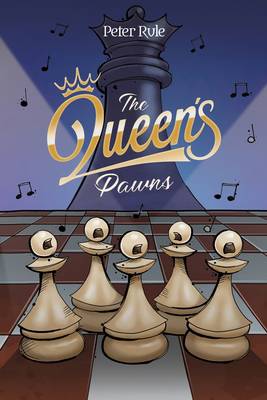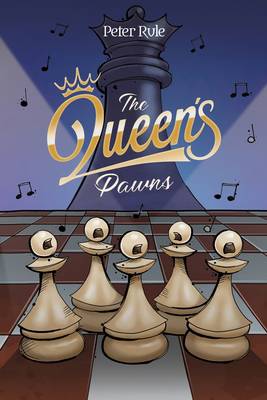
- Retrait gratuit dans votre magasin Club
- 7.000.000 titres dans notre catalogue
- Payer en toute sécurité
- Toujours un magasin près de chez vous
- Retrait gratuit dans votre magasin Club
- 7.000.0000 titres dans notre catalogue
- Payer en toute sécurité
- Toujours un magasin près de chez vous
Description
Children were often badly treated in the reign of the first Queen Elizabeth - that's no surprise. Those who were lucky enough to go to school had their wildness beaten out of them by their school masters. That was the way to force learning into their heads. Most boys laboured on the farm from seven years old and the girls would do household crafts or work as the most junior of maid-servants in the richer households. In London, they might earn a few pennies by working as errand boys or selling watercress, matches, sprats or oysters on the street. Some became shoeblacks, lamplighters, chimney sweeps or deckhands. Life was not easy for them.
It's more shocking that the Queen herself had a hand in the mistreatment of children. She was well known for her love of music. She played the virginals and lute and claimed to have composed dance music. As a singer herself in an age when the arts were enjoying a new dawn it is perhaps not particularly astonishing that she should want to set up a first-class choir to sing for her in the Chapels Royal.
What strikes a harsher note is that, by her edict of 1597, she gave permission for agents of hers to take children from wherever in England they happened to be and to have them trained for her in the art and science of music and singing. Some of the men she appointed were prepared to use strong-arm tactics to pounce on their victims and snatch them from their homes. Knowing how the Queen loved the theatre these predators thought to make money for themselves by putting their young choristers on the stage.
On the way to his London school in December, 1600, this was the fate that overtook Thomas Carlton. He was doubly shocked to be captured as a chorister because he had never thought of himself as a musician. Sir Henry Carlton, once he discovered where Thomas was and who had snatched him, contacted friends of his in high places. They arranged for the kidnappers to be charged and tried in the Star Chamber. The outcome of the trial did not please Thomas at all. The Queen's Pawns is about the way his fate prompted him to become involved in bringing justice to those who could not fight for their rights as he could.
It's more shocking that the Queen herself had a hand in the mistreatment of children. She was well known for her love of music. She played the virginals and lute and claimed to have composed dance music. As a singer herself in an age when the arts were enjoying a new dawn it is perhaps not particularly astonishing that she should want to set up a first-class choir to sing for her in the Chapels Royal.
What strikes a harsher note is that, by her edict of 1597, she gave permission for agents of hers to take children from wherever in England they happened to be and to have them trained for her in the art and science of music and singing. Some of the men she appointed were prepared to use strong-arm tactics to pounce on their victims and snatch them from their homes. Knowing how the Queen loved the theatre these predators thought to make money for themselves by putting their young choristers on the stage.
On the way to his London school in December, 1600, this was the fate that overtook Thomas Carlton. He was doubly shocked to be captured as a chorister because he had never thought of himself as a musician. Sir Henry Carlton, once he discovered where Thomas was and who had snatched him, contacted friends of his in high places. They arranged for the kidnappers to be charged and tried in the Star Chamber. The outcome of the trial did not please Thomas at all. The Queen's Pawns is about the way his fate prompted him to become involved in bringing justice to those who could not fight for their rights as he could.
Spécifications
Parties prenantes
- Auteur(s) :
- Editeur:
Contenu
- Nombre de pages :
- 182
- Langue:
- Anglais
- Catégorie d'âge:
Caractéristiques
- EAN:
- 9781528977500
- Date de parution :
- 31-03-23
- Format:
- Livre broché
- Format numérique:
- Trade paperback (VS)
- Dimensions :
- 156 mm x 234 mm
- Poids :
- 263 g

Les avis
Nous publions uniquement les avis qui respectent les conditions requises. Consultez nos conditions pour les avis.






